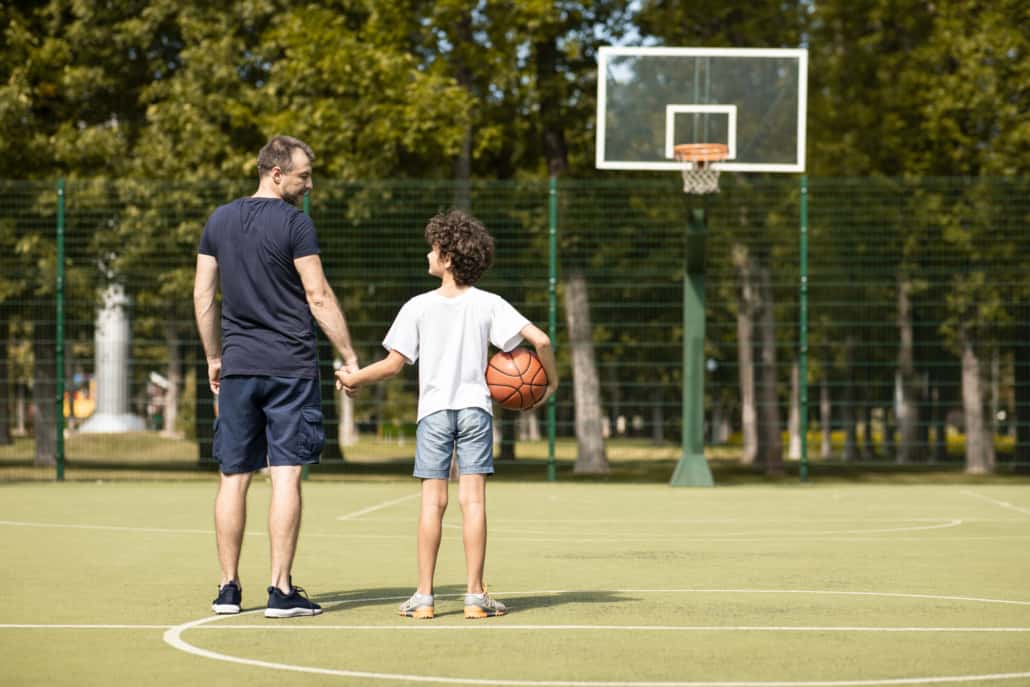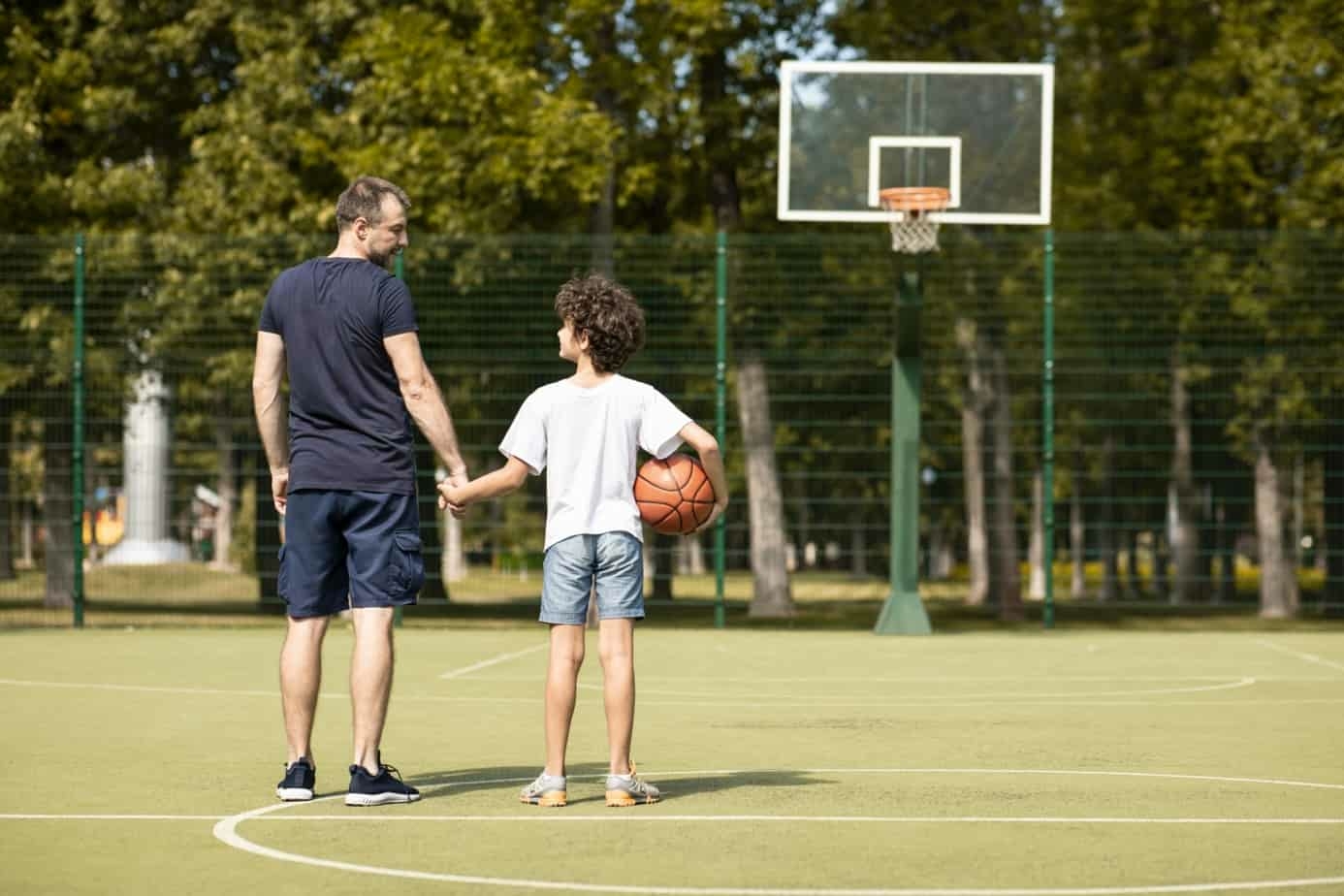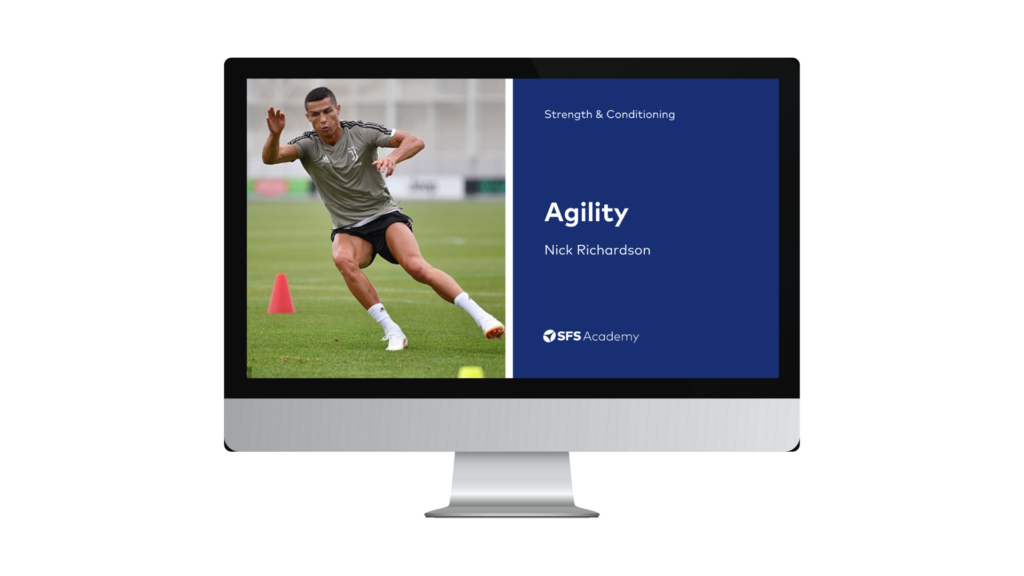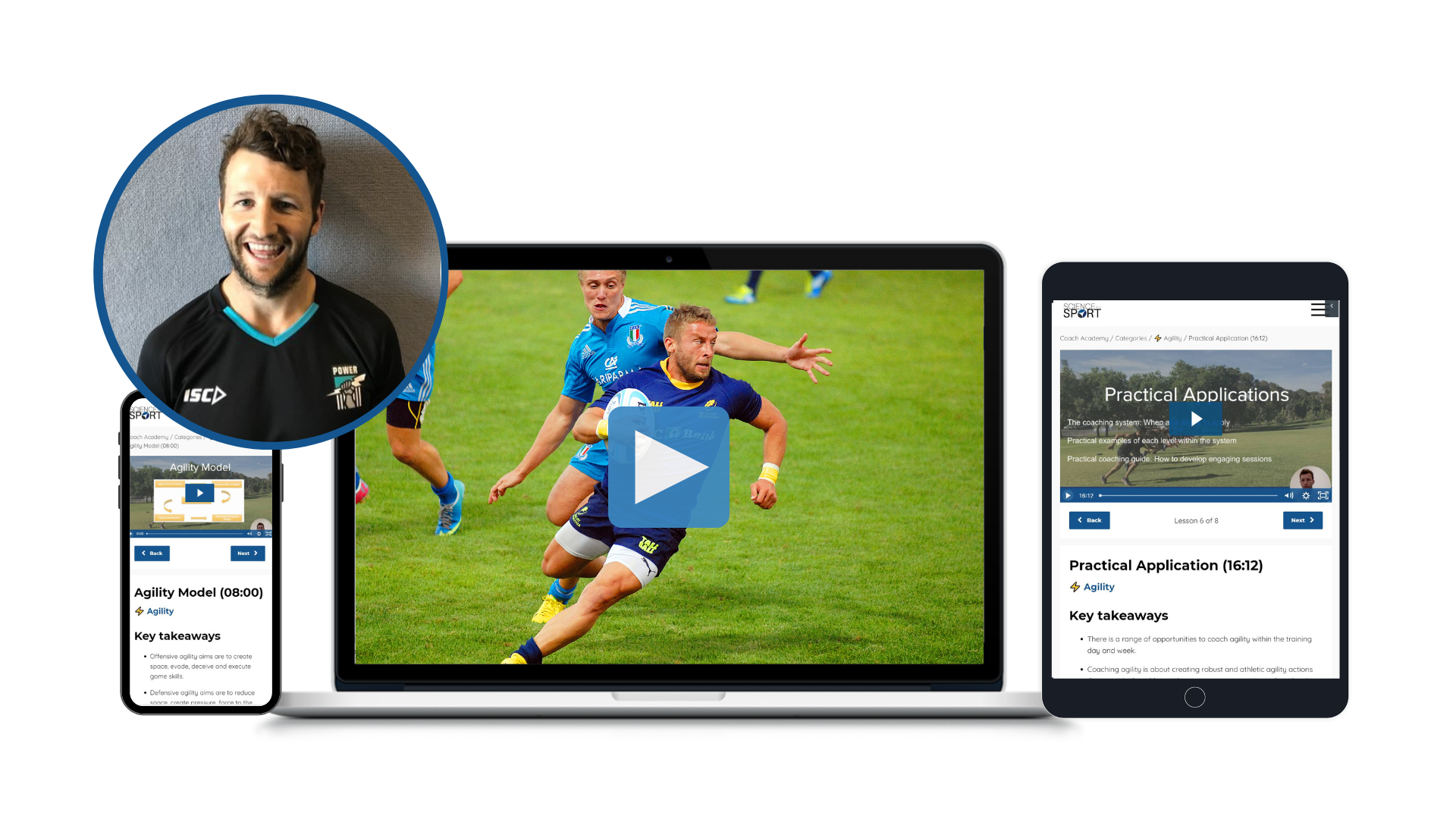What should parents do to best support their sports-playing children?
Parents who push their kids to perform in one sport might be doing more bad than good, a leading strength & conditioning coach and author says.
Parents, coaches and kids: A tricky balancing act
Have you ever seen footage of parents screaming at their seven-year-old because they don’t play like Lionel Messi? It’s horrible, and kids deserve better.
In episode 71 of the Science for Sport Podcast, Nathan Parnham, Strength & Conditioning coach and author of ‘The Sporting Parent’, takes us through how parents should be setting an example for their kids, exposing them to more sports and holding them accountable where necessary.
The podcast has plenty of golden nuggets for parents and coaches alike, and the discussion is framed with a story about a parent who got way too focused on the elite performance of his 12-year-old. The dad was really frustrated that his child didn’t appreciate the recovery cycling training they performed together – a fantastic example of how parents can get caught up in all kinds of unimportant details.
As you can imagine, the child really didn’t care about recovering and probably just needed to enjoy the view while spending some quality time with his dad. I’m sure most people would agree those things are far more important.

The importance of variety for long-term athletic development
With that in mind, Parnham explains how the early stages of sport should be about participation. Obviously, physical activity, including organised sport, is crucial to children’s health and physical development. And it’s not just about participating in one sport – providing a tapas-like range of different sports builds a stronger base of physical literacy. And who doesn’t like tapas?
“If you’re a parent listening to this, you’ll want your child to sample a range of different sports, and that can be ball sports through to endurance sports like swimming and other sports like gymnastics,” Parnham said.
Ironically, parents who push their kids to perform in one sport might be doing more bad than good. It’s becoming widely accepted that long-term athletic development favours multiple sport participation, with increasing numbers of elite athletes sampling a range of sports in their younger years.
“A lot of later or long-term success comes from athletes who have dabbled and played a variety of different sports,” Parnham said.
Why parents should look to get involved with their kids’ sports
Interestingly, parents who do want their children to sample a smorgasbord (Swedish tapas) of activities can have a massive influence on where their kids participate, without the need for pushing them towards the sport itself.
“A child is 75 percent more likely to be involved in a sport if one of their parents is involved in it – if one of their parents also volunteers at their local sporting club, it shifts those figures up to like 90 percent greater likelihood of participation in organised sporting activity. So that role modelling behaviour is really important,” Parnham said.
This provides clear evidence that parents themselves should be actively involved in the process and potentially even the sports club. Good news for all those dads who love flaunting their guns in an apron and handing out post-match pasta.
Research Review: Does the previous expertise of parents influence their children?
But it’s not all participation medals and happy faces. Parnham makes a clear point that kids should be encouraged to stick to their commitments – for example, if they are finding it tough at a team, parents should encourage them to overcome the obstacles instead of just leaving for another club. This helps them learn key lessons which can be applied to life outside of sport.
Key takeaways for sporting parents
So there you have it – parents should be supporting their children to participate in a range of sports, especially at a young age, and to do so, could certainly consider helping out at their local club.
The podcast goes on to discuss how parents of older children can best navigate the complex world of elite sport, so if you want to hear more, be sure to check it out using the link below. Tapas anyone?
You can download the podcast on any of the big hosting services, including Apple Podcasts and Spotify, or just use this link: https://scienceforsport.fireside.fm/71
Don’t forget to hit the subscribe button and be sure to give us a review and rating too!



